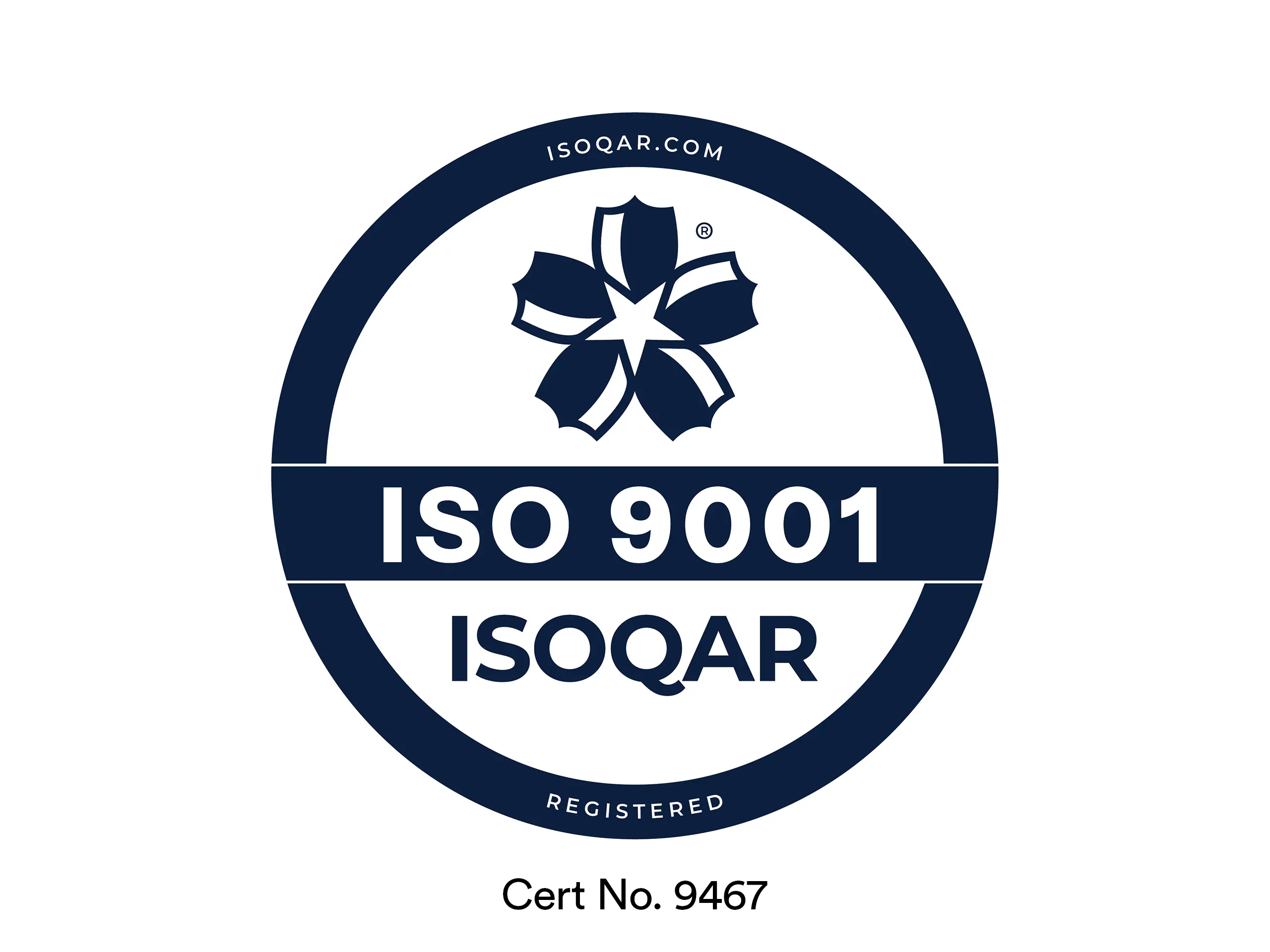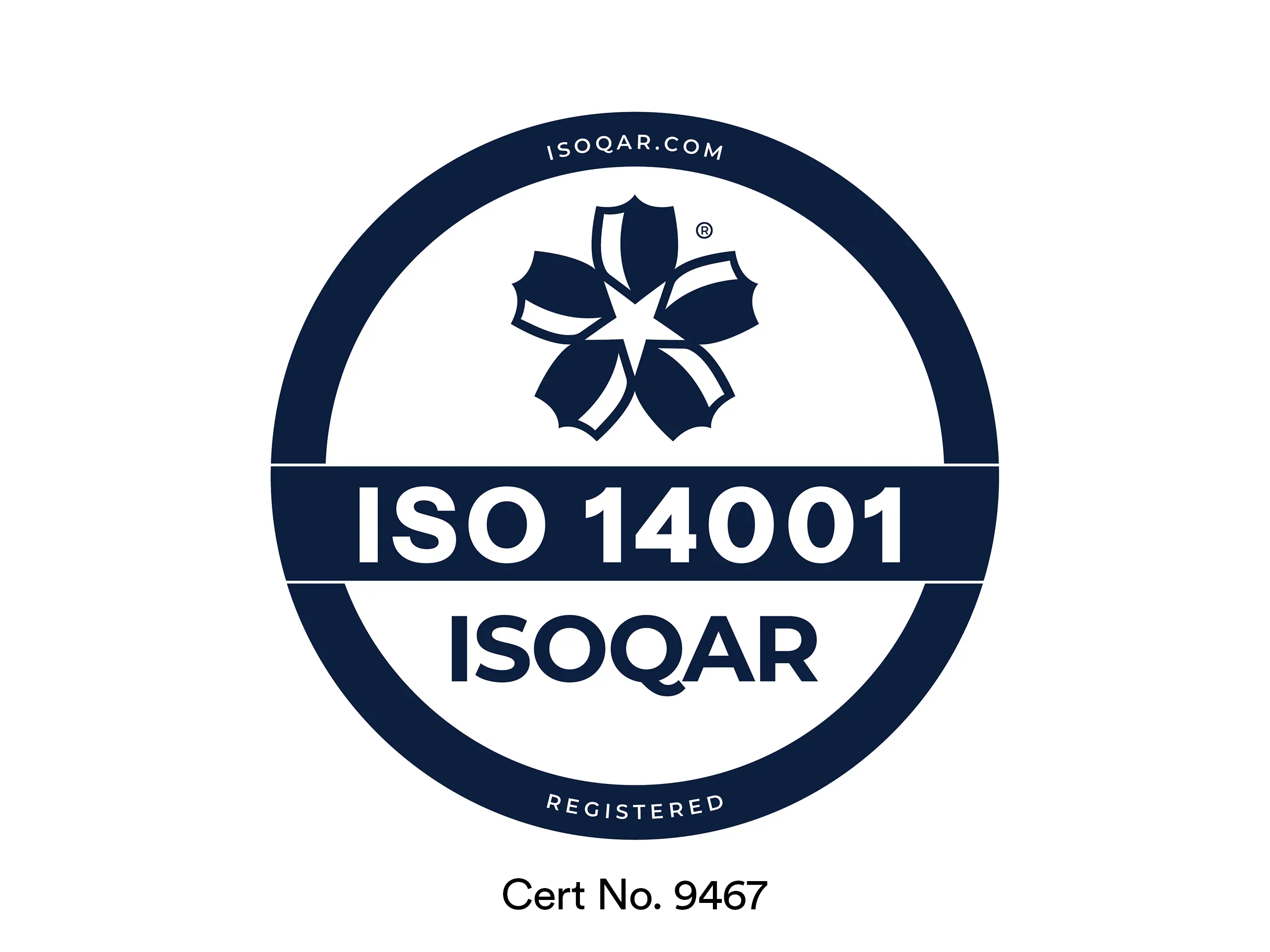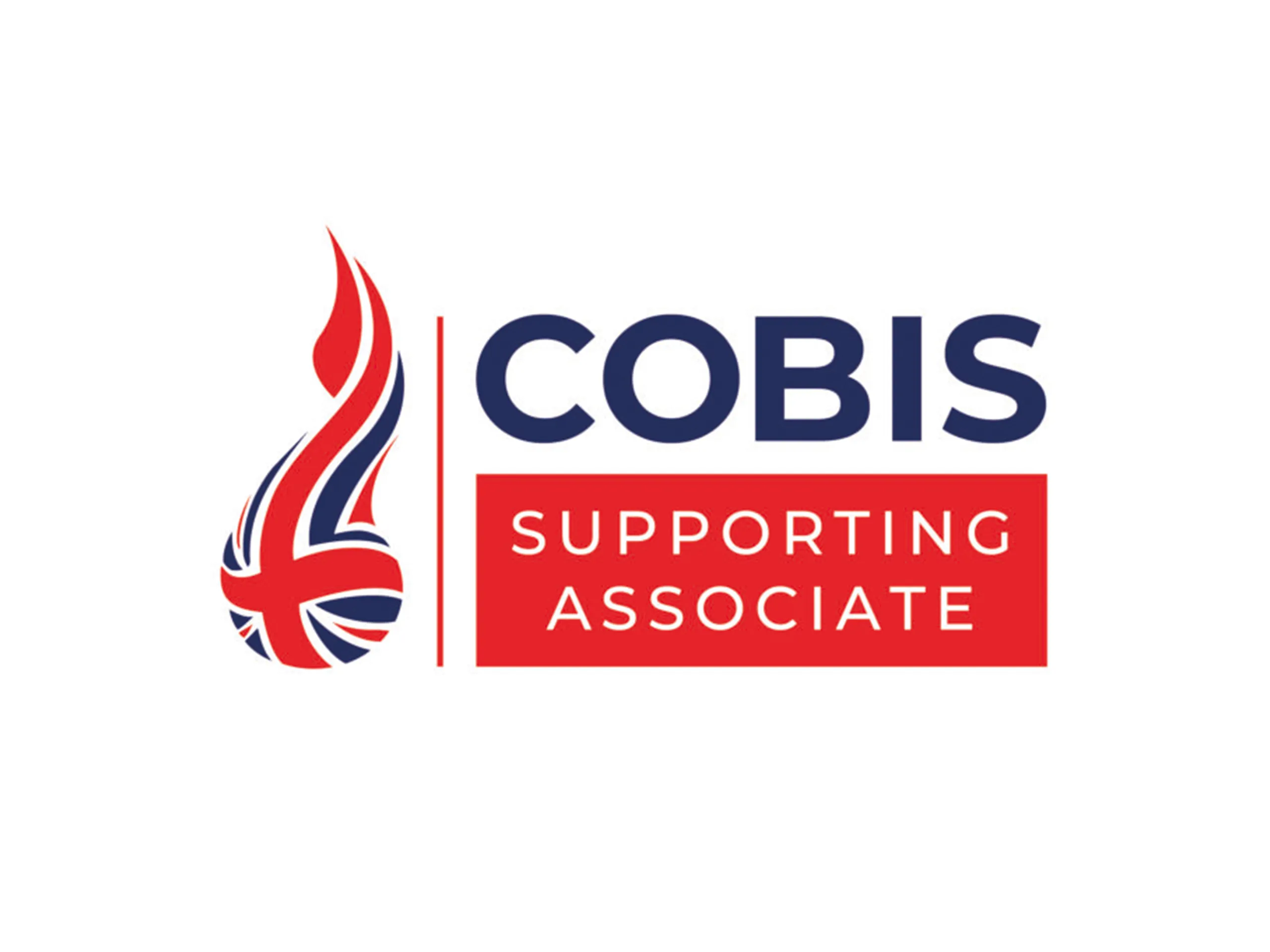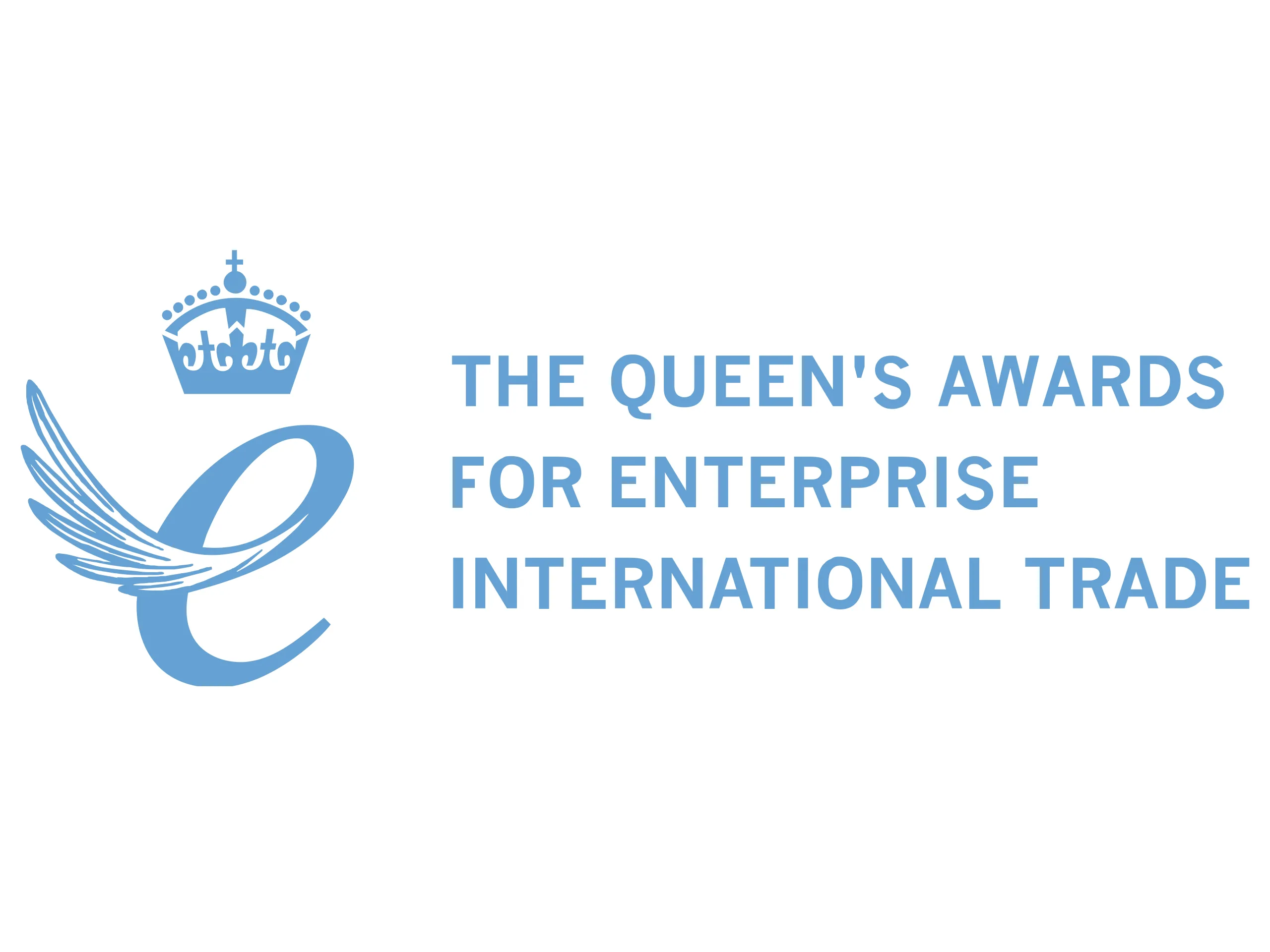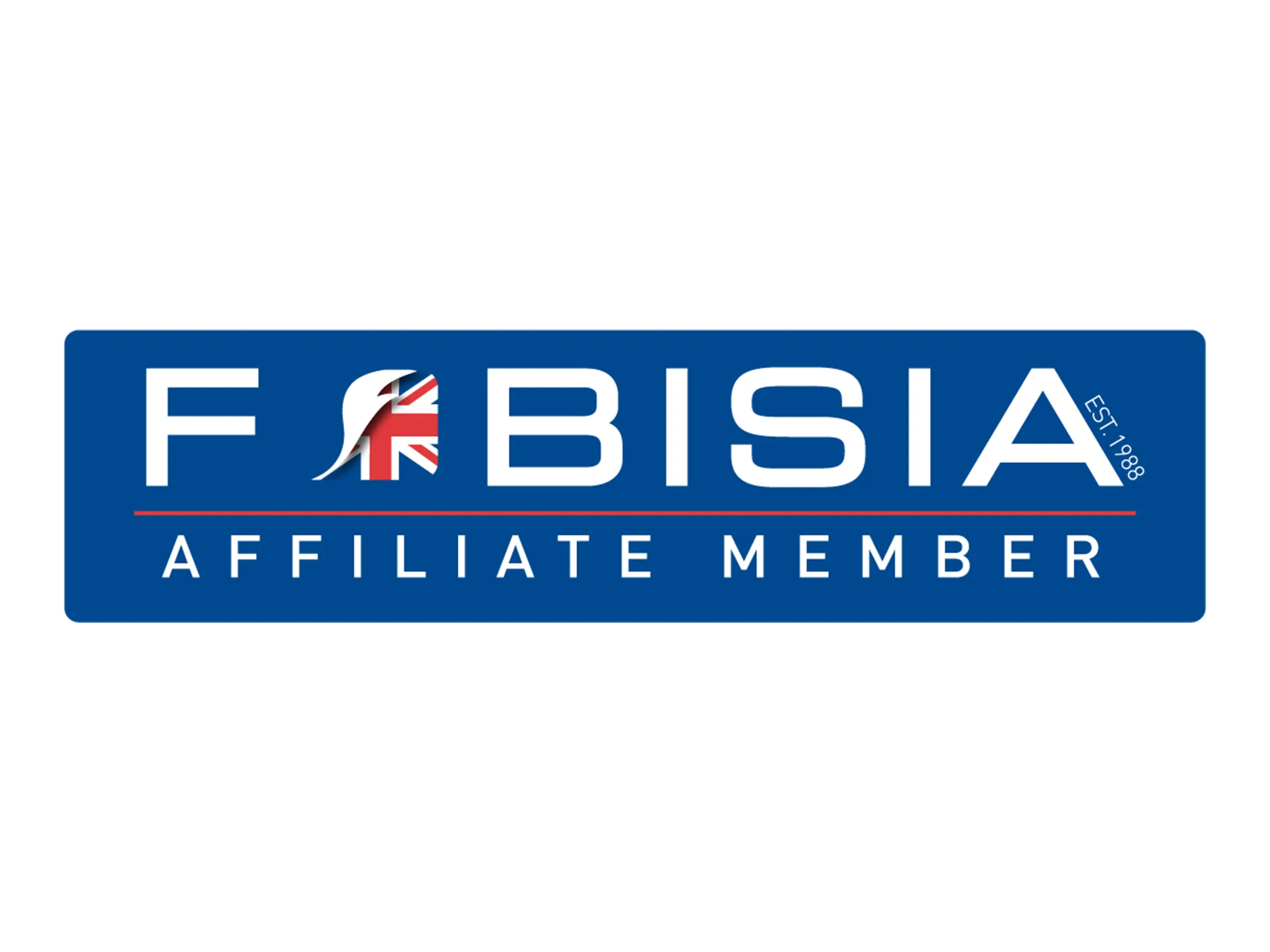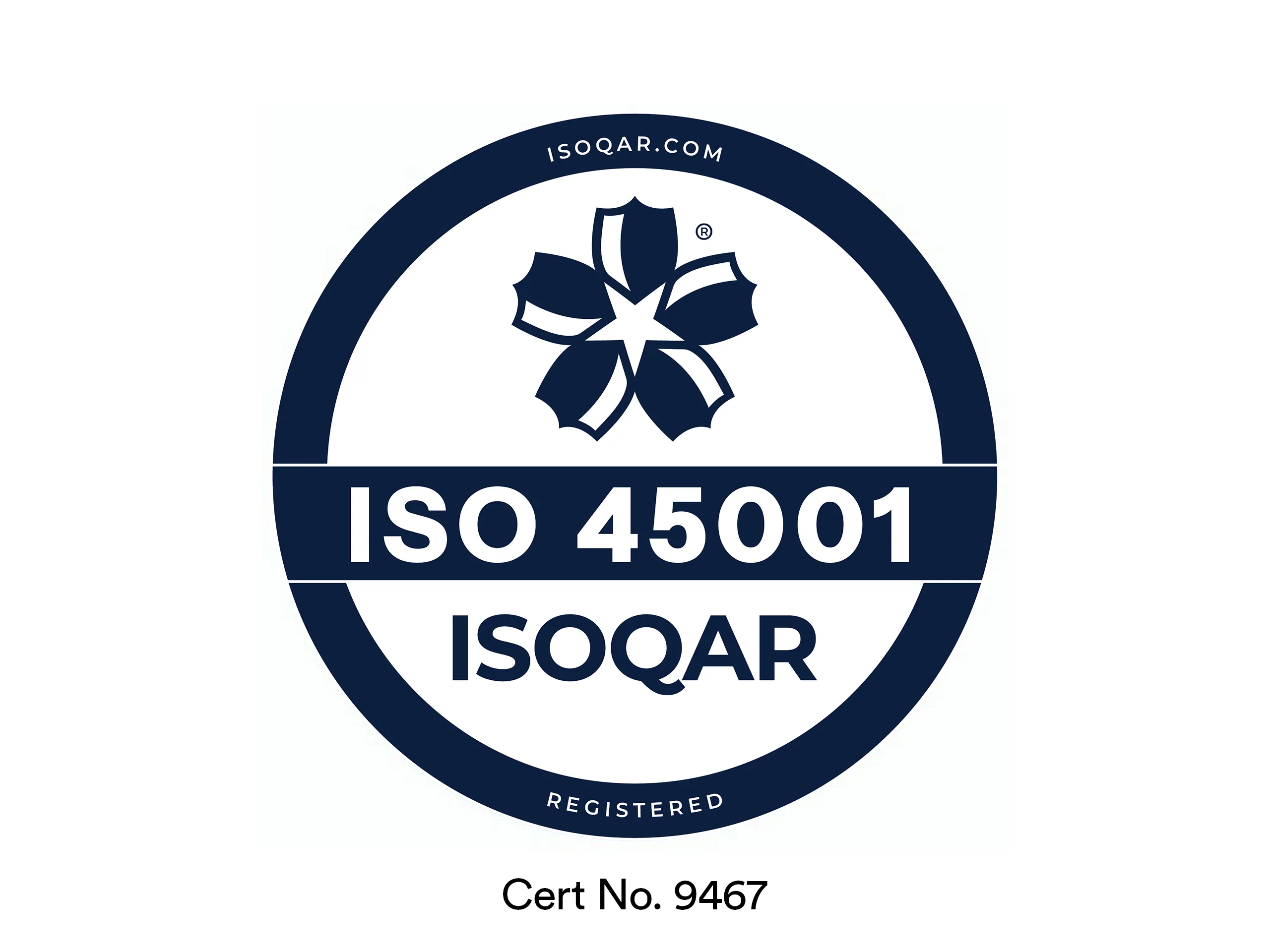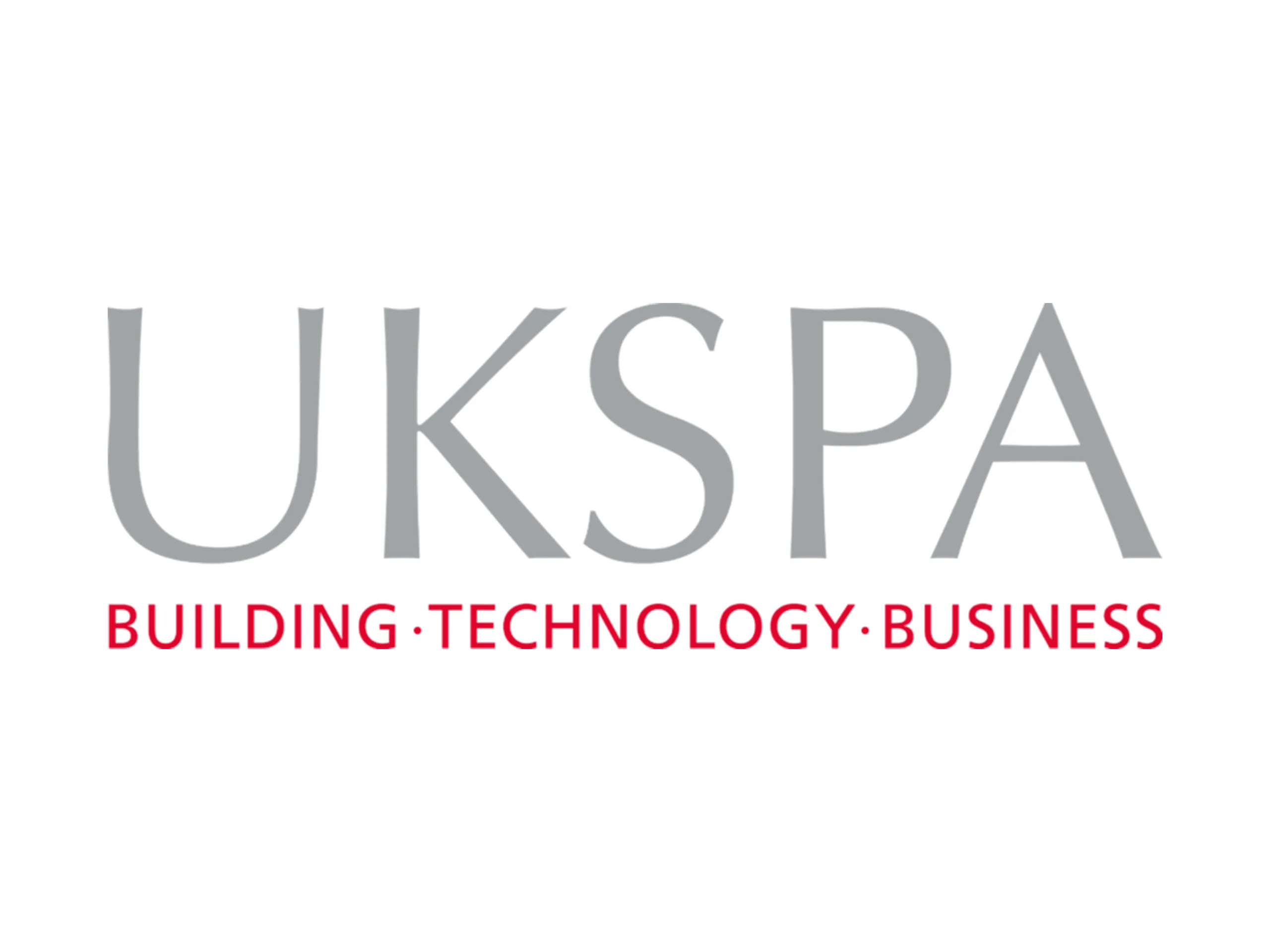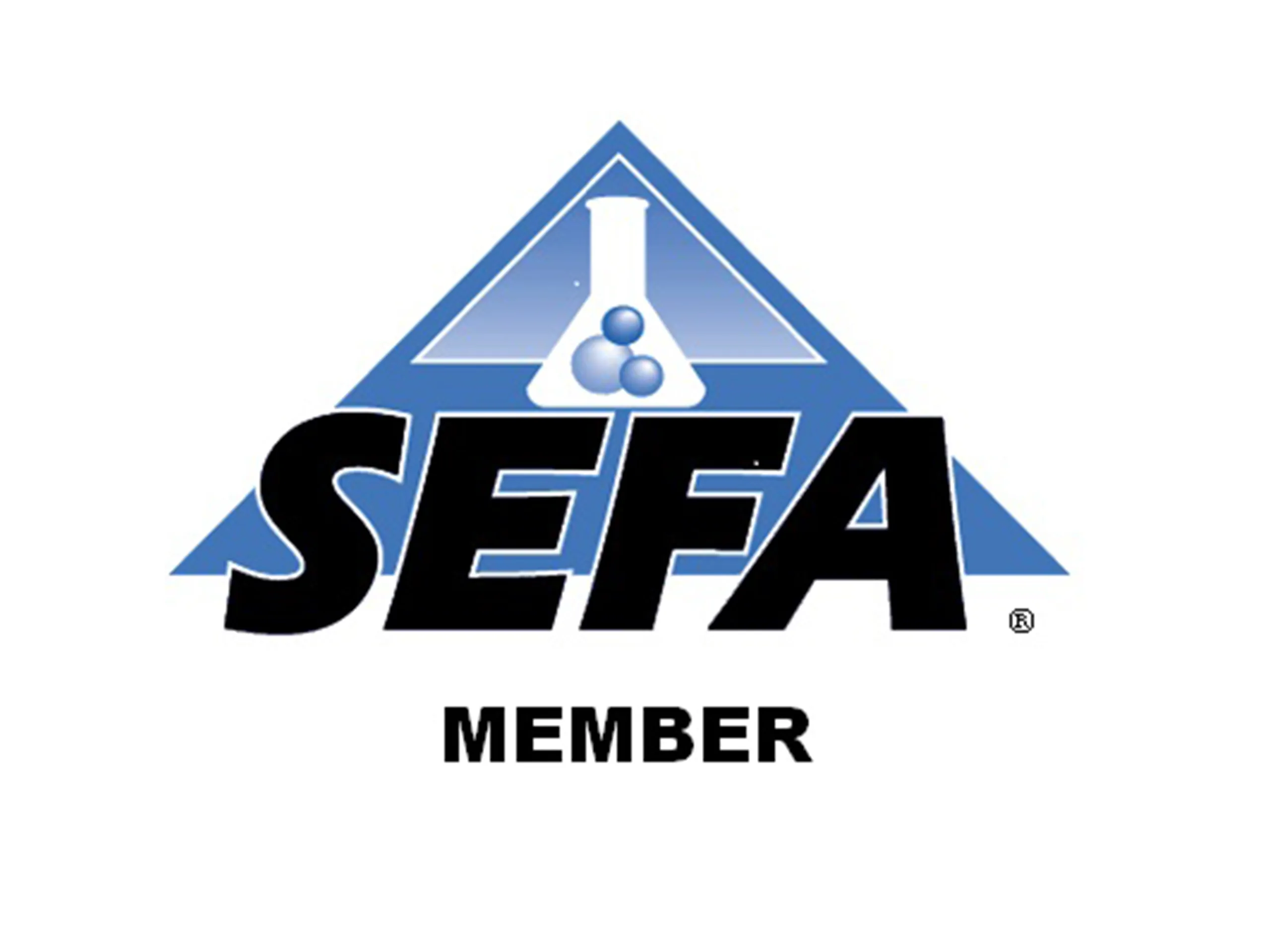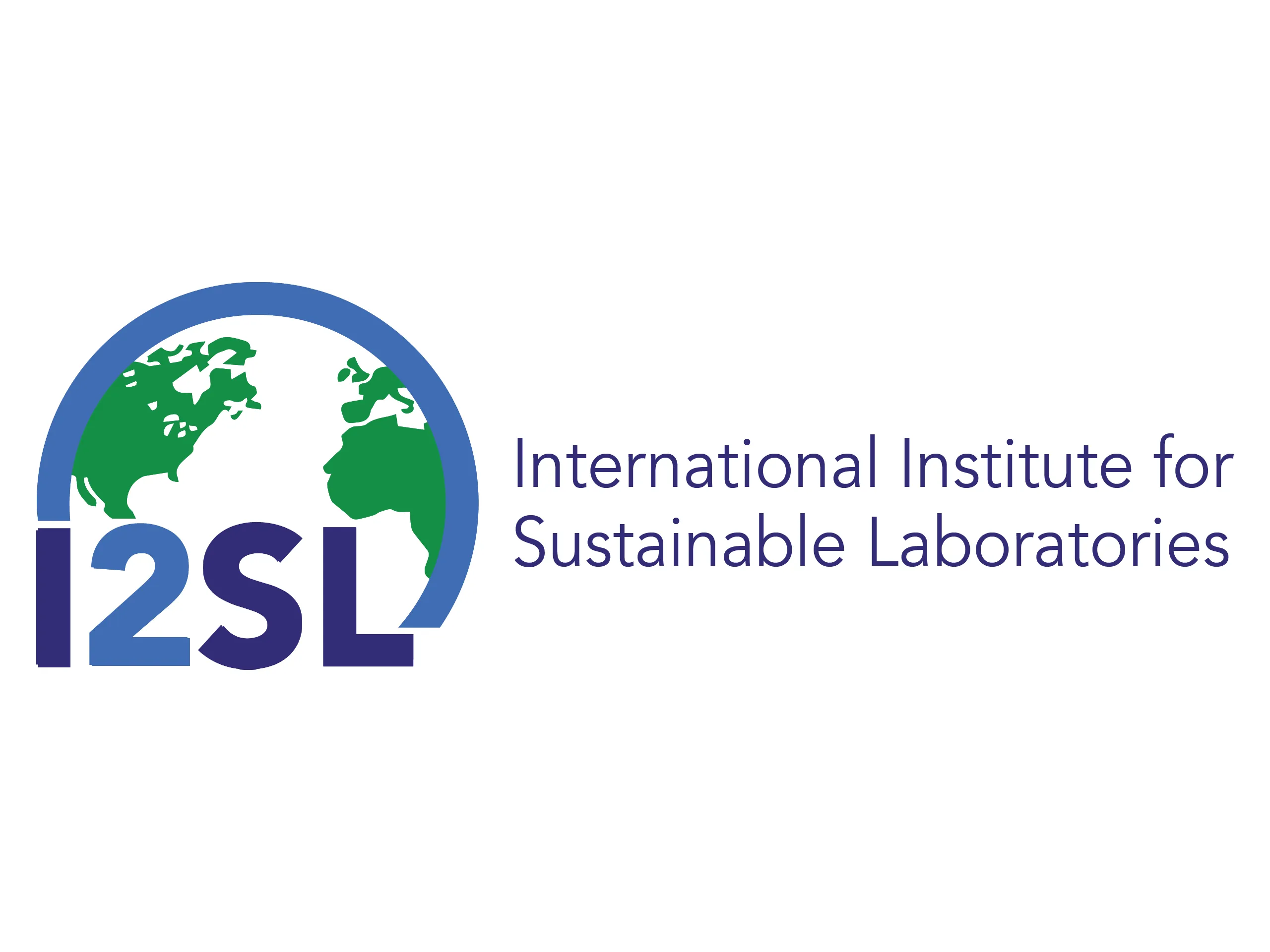Whistleblowing policy
Whistleblowing Policy
We are committed to conducting our business with honesty and integrity, and we expect all staff to maintain high standards. However, all organisations face the risk of things going wrong from time to time, or of unknowingly harbouring illegal or unethical conduct. A culture of openness and accountability is essential in order to prevent such situations occurring or to address them when they do occur.
What is whistleblowing?
Whistleblowing is the disclosure of information which relates to suspected wrongdoing or dangers at work. This may include:
- criminal activity;
- miscarriages of justice;
- danger to health and safety;
- damage to the environment;
- failure to comply with any legal obligation or regulatory requirements;
- financial fraud or mismanagement;
- negligence;
- conduct likely to damage our reputation;
- unauthorised disclosure of confidential information;
- the deliberate concealment of any of the above matters.
A whistleblower is a person who raises a genuine concern in good faith relating to any of the above. If you have any genuine concerns related to suspected wrongdoing or danger affecting any of our activities (a whistleblowing concern) you should report it under this policy.
Raising a whistleblowing concern
We hope that in many cases you will be able to raise any concerns with your line manager. You may tell them in person or put the matter in writing if you prefer. They may be able to agree a way of resolving your concern quickly and effectively.
However, where the matter is more serious, or you feel that your line manager has not addressed your concern, or you prefer not to raise it with them for any reason, you should contact one of the following:
Any member of the management team – Mike Serridge, Paul Bentham, Craig Norris, Jim Burgess, Rob Morris or Jonathan Tate
We will arrange a meeting with you as soon as possible to discuss your concern. You may bring a colleague or union representative to any meetings under this policy. Your companion must respect the confidentiality of your disclosure and any subsequent investigation.
Confidentiality
We hope that staff will feel able to voice whistleblowing concerns openly under this policy. However, if you want to raise your concern confidentially, we will make every effort to keep your identity secret. If it is necessary for anyone investigating your concern to know your identity, we will discuss this with you first.
External disclosures
The aim of this policy is to provide an internal mechanism for reporting, investigating and remedying any wrongdoing in the workplace. In most cases you should not find it necessary to alert anyone externally.
The law recognises that in some circumstances it may be appropriate for you to report your concerns to an external body such as a regulator. It will very rarely if ever be appropriate to alert the media. We strongly encourage you to seek advice before reporting a concern to anyone external. The independent whistleblowing charity, Public Concern at Work, operates a confidential helpline. They also have a list of prescribed regulators for reporting certain types of concern.
Investigation and outcome
Once you have raised a concern, we will carry out an initial assessment to determine the scope of any investigation. We will inform you of the outcome of our assessment. You may be required to attend additional meetings in order to provide further information.
In some cases we may appoint an investigator or team of investigators including staff with relevant experience of investigations or specialist knowledge of the subject matter. The investigator(s) may make recommendations for change to enable us to minimise the risk of future wrongdoing.
We will aim to keep you informed of the progress of the investigation and its likely timescale. However, sometimes the need for confidentiality may prevent us giving you specific details of the investigation or any disciplinary action taken as a result. You should treat any information about the investigation as confidential.
If we conclude that a whistleblower has made false allegations maliciously, in bad faith or with a view to personal gain, the whistleblower will be subject to disciplinary action.
If you are not satisfied
While we cannot always guarantee the outcome you are seeking, we will try to deal with your concern fairly and in an appropriate way. By using this policy you can help us to achieve this.
If you are not happy with the way in which your concern has been handled, you can raise it with one of the other key contacts in this policy. Alternatively you may contact the chairman of the board of directors (the board) or our external auditors.
Protection and support for whistleblowers
It is understandable that whistleblowers are sometimes worried about possible repercussions. We aim to encourage openness and will support staff who raise genuine concerns in good faith under this policy, even if they turn out to be mistaken.
Staff must not suffer any detrimental treatment as a result of raising a concern in good faith. Detrimental treatment includes dismissal, disciplinary action, threats or other unfavourable treatment connected with raising a concern. If you believe that you have suffered any such treatment, you should inform the HR immediately. If the matter is not remedied you should raise it formally using our Grievance Procedure.
Staff must not threaten or retaliate against whistleblowers in any way. Anyone involved in such conduct will be subject to disciplinary action.
Signed by:
M.Serridge, Managing Director
Date: 01-01-2019


